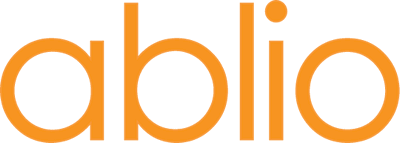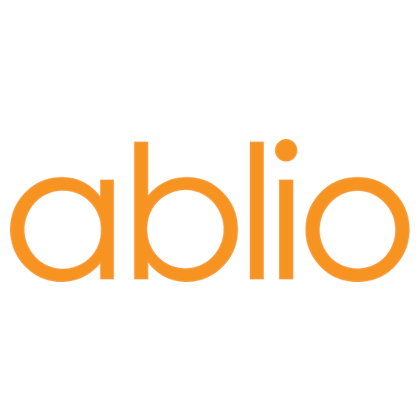Self Assessment: The Best Method for an Interpreter to Improve and Deepen Skills

There are two ways in which interpreters can gauge their level of language skills and identify areas of improvement – external assessment and self-assessment. Throughout the course of one's career, feedback from clients, teachers, coaches, organizations, conference participation, and certification tests and boards inform us of areas of strength and weakness.
The constructive insights of others, regarding skills that need to be strengthened, can guide us toward excellence. However, the downside of external assessment is that it can be hard to swallow and even the most professional among us can feel defensive. Because humans are naturally programmed to take the path of least cognitive resistance, we often feel as if the feedback is personal. Some may ask, "Why does this professional organization dislike me?" Or, "Why does the certification board have it out for me?"
Self-assessment helps individuals to be more complex in their thinking because external measurements meld with internal measurements. Nothing is being done to you when you've identified the same weak areas in yourself. In many ways, if an external assessment mirrors an internal assessment, the assessment is being done with you.
Ways To Administer Self-Assessments
During Conversation
When speaking with peers and colleagues, mentally step outside of the interaction and make note of the areas that cause you difficulty. Seek out native speakers for a chat. Go to a store where the proprietors speak your target language. Record any conversation difficulties in a journal. If the same problems appear multiple times, you've established a pattern that requires improvement. Don't accept the weakness and think, "I am just bad at jokes and puns in Spanish." Instead, use that pattern to inspire self-directed study. Seek out opportunities to improve those skills.
Use Existing Self-Assessments
Many organizations have self-assessments already in place. For instance, the National Council on Interpreting in Health Care has created a document that allows you to rate your competency in a variety of profession-specific areas. They are just one of many. Several field-specific certification groups and associations/organizations have similar documents. If you are unable to find a perfect one for you, try combining multiple documents into a master that meets your needs. Make an effort to fill in the self-assessment monthly to chart your progress and gear your training toward areas that show basic competency rather than fluency.
Practice Exams
Even if you've decided not to pursue certification, or have already achieved it, don't assume certification materials have no use for you. In reality, these test exams can help you determine your strengths and weaknesses. Look for multiple self-tests to take. You can even look offline at testing books to find new material. Use your scores to direct your career development.
Language is part art, part science. The more you immerse yourself in a language, the deeper your knowledge becomes. Try listening to radio programs and watching movies (without reading subtitles) in your second language. Be aware of your own learning and thinking process as you reflect upon your skill. If you work for a quality agency like Ablio, you can ask your coach for help. You can also ask your peers and co-workers to work with you or to work together toward your mutual improvement. Professional development, the continual growth and maintenance of new skills, is an integral part of nurturing your career. Self-assessment is a valuable tool toward becoming the best interpreter you can be.
Photo by Alberto G, licensed under the Creative Commons Attribution 2.0 Generic license.

